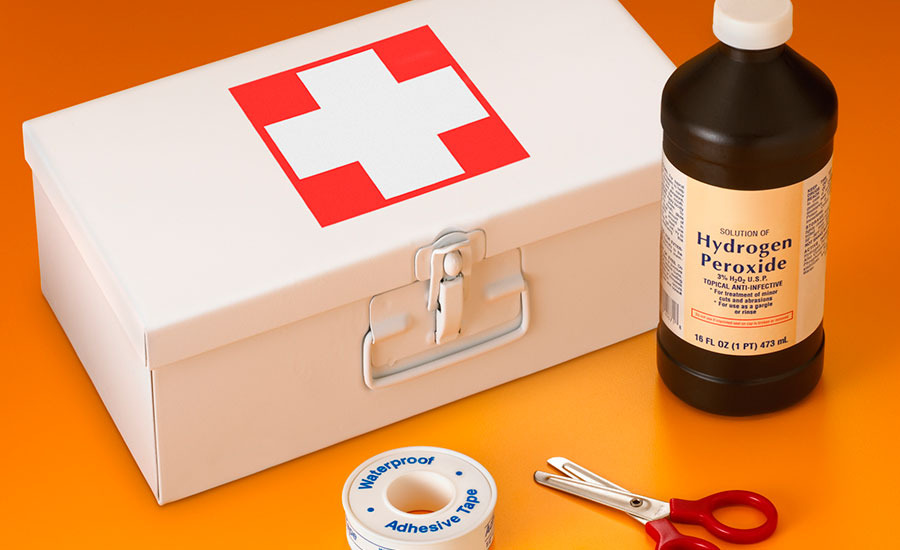Maybe you slipped and fell on an icy sidewalk outside your apartment. Perhaps you tripped over an unsecured electrical cord at your workplace. Or maybe your elderly mother fell at a nursing home. What should you do after you or a loved one is injured in a slip-and-fall accident?
Here are six important steps all slip-and-fall victims should take — the sooner, the better — according to the personal injury lawyers at McCormick & Murphy in Colorado.
1. Seek medical attention. Your well-being should always come first. It’s possible you may have only suffered cuts, bruises, sprains or strains, but more serious injuries such as fractures, breaks, traumatic brain injury and other internal injuries are possible. Getting checked out ASAP will ensure that you receive essential medical care. It will also result in crucial documentation that your injuries are related to your fall, the experts at McCormick & Murphy said.
2. Get witnesses’ info. Make sure to take down their name, address and phone number. An individual who didn’t see you fall but who witnessed the aftermath may still be a valuable witness, as he or she can attest to the conditions at the time of the fall, such as an icy sidewalk or uneven concrete, the attorneys at McCormick & Murphy said.
3. Take photos of the scene. A picture is truly worth a thousand words — perhaps even more in court. You can testify to the conditions that lead to your fall, but it will likely be your word against theirs — unless you have photo or video evidence.
4. File a report with a manager. If your accident occurred at a business with a manager — perhaps a store, apartment complex or nursing home — be sure to inform him of the accident. If he has an accident form on hand, fill it out. (Be sure to request a copy or take a picture of it after completion.) If there is no form, concentrate on what he is saying and jot notes as soon as you’re alone again. Be sure to get his contact information, as well as the contact information of anyone else who heard your exchange, lawyers at McCormick & Murphy recommended.
5. Write down what happened. Memories can be such fickle things. Don’t rely on yours. As soon as possible after the accident, write — or better yet, email yourself (think timestamp) — your account of the accident. Your account, produced shortly after the accident, will be more valuable in court than your retelling of the incident months down the road, attorneys at McCormick & Murphy advised.
6. Store the clothes and shoes you were wearing. Place them in an oversized Ziploc bag, if possible. They may come in handy during your court case. Your lawyer will surely thank you for your foresight.



